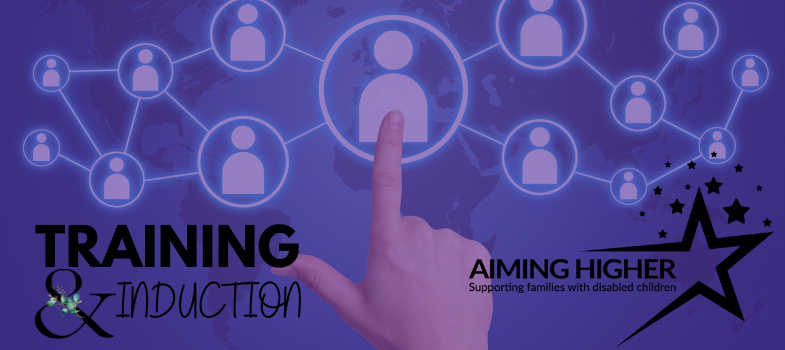Adverse Childhood Experiences
This section covers Adverse Childhood Experiences (ACE's).
3. The effects of ACEs
The impact of ACEs on individuals can manifest in various ways. Physically, ACEs have been linked to a higher likelihood of chronic health conditions such as heart disease, diabetes, and obesity. These experiences can also affect brain development and increase the risk of cognitive impairments and learning difficulties.
Furthermore, ACEs can significantly impact mental health outcomes, leading to a higher incidence of depression, anxiety, post-traumatic stress disorder (PTSD), and other psychiatric disorders. Individuals with a history of ACEs are also more likely to engage in risky behaviours such as substance abuse, self-harm, and reckless activities.
Behaviourally, ACEs can influence a person's ability to form healthy relationships, regulate emotions, and cope with stress. This can result in difficulties with social interactions, a higher likelihood of engaging in violent or criminal behaviour, and challenges in maintaining stable employment and housing.
It is crucial to recognize the lasting effects of ACEs and provide support and interventions to mitigate their impact. Early identification and intervention can help individuals heal from past trauma, build resilience, and lead healthier and more fulfilling lives. By addressing the root causes of ACEs and providing trauma-informed care, we can create a more supportive environment for those who have experienced childhood adversity.
